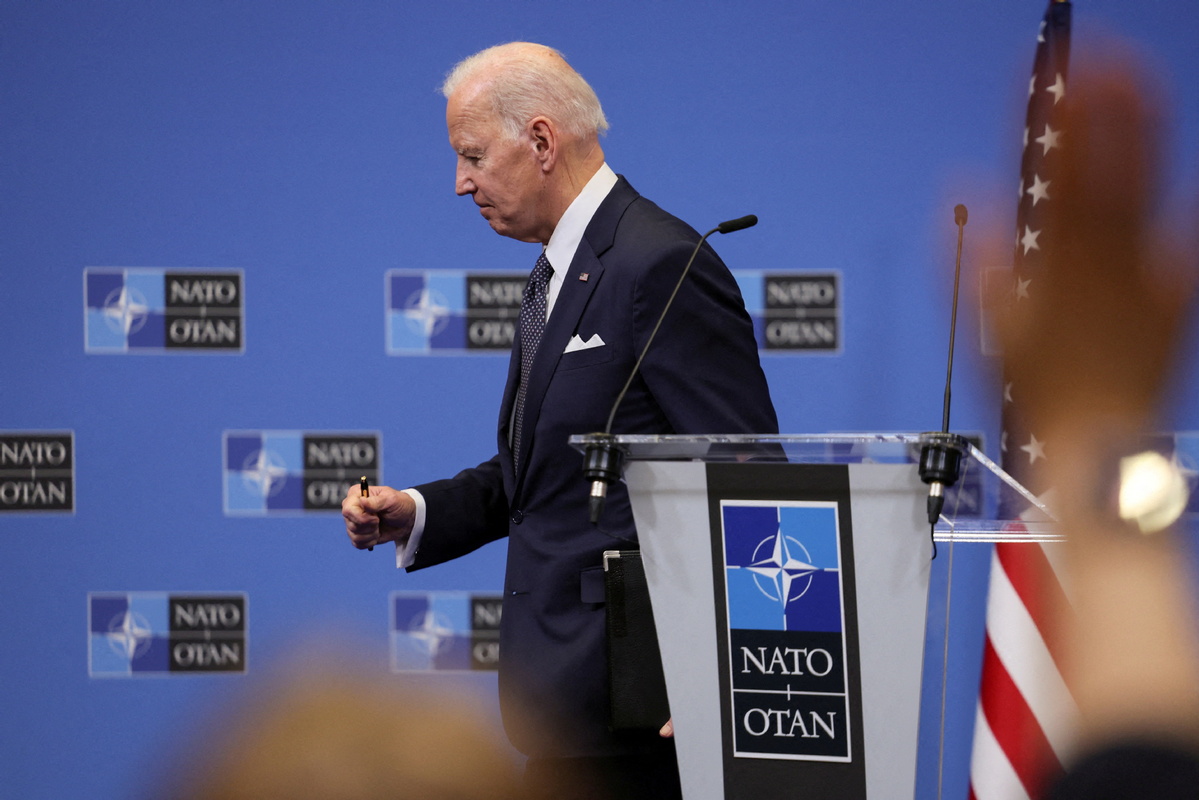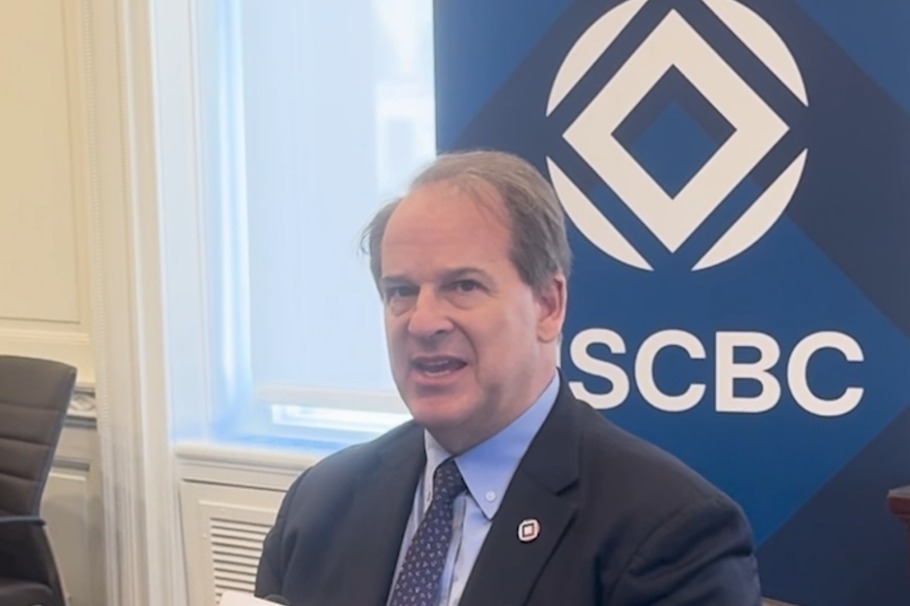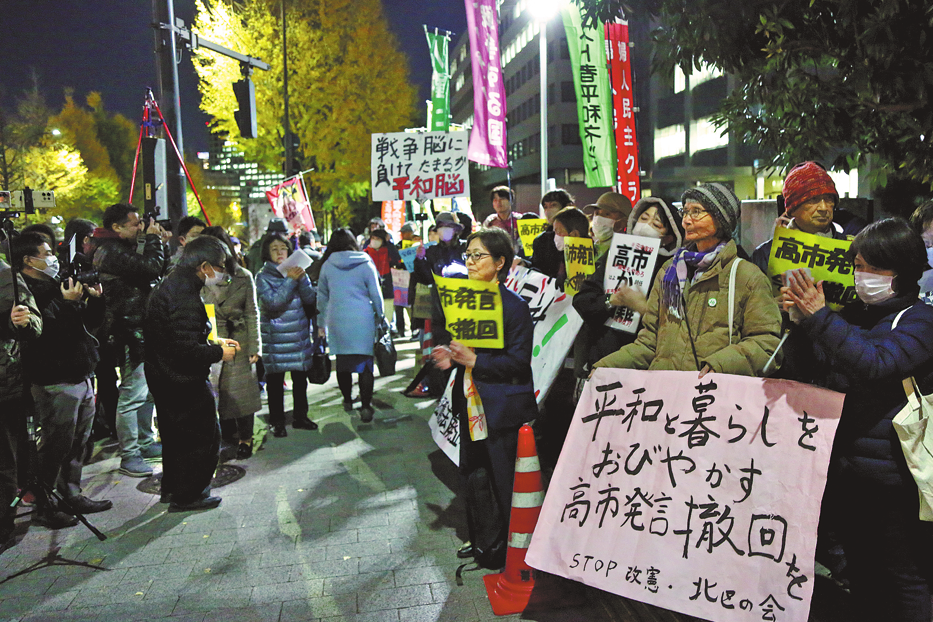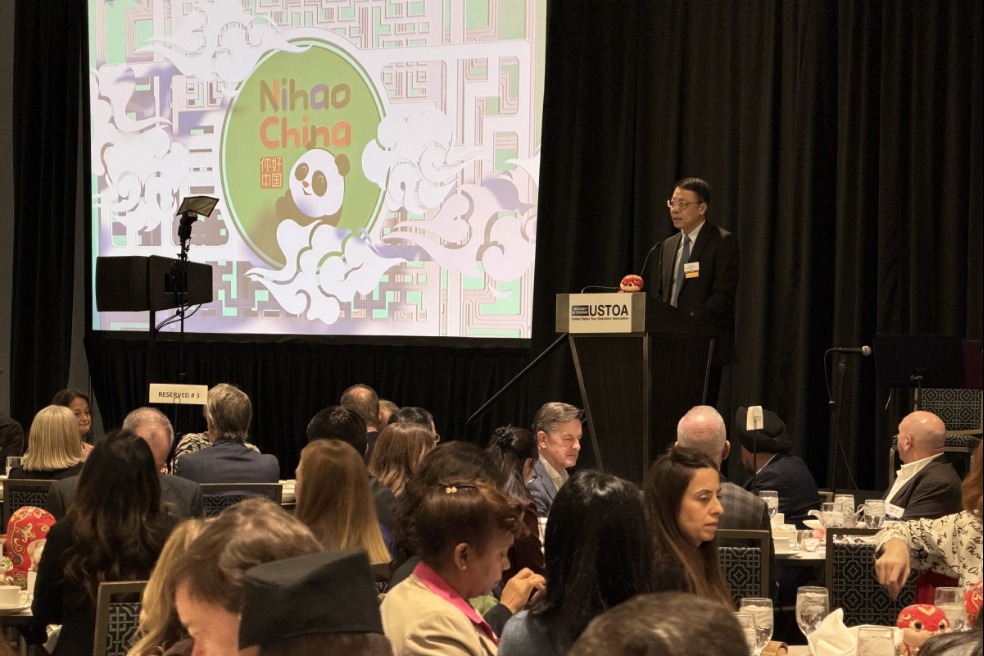Historical role of US, NATO in Ukraine conflict underexamined


The policies of the US and NATO and their connection to the Ukraine-Russia conflict are not regularly examined in Western discourse, which mostly presents a uniform view of the situation.
"If we don't understand how Western policy helped lead to this conflict and we don't work to veer away from similar mistakes in the future, conflict and war is forever inevitable … opposition in Russia to NATO expansion goes well beyond the single figure of Putin," Branko Marcetic, a staff writer for Jacobin, a socialist magazine in New York, wrote on March 7. "The Orwellian attacks on critics of NATO policy must stop."
Marcetic also noted China's attempts to help de-escalate the situation, and suggested the US and NATO take the same approach.
"The US and NATO should really be part of these negotiations if we're going to create lasting stability in the region, backing up Ukraine and offering to lift sanctions in return for Russian concessions," Marcetic told China Daily.
Blaming Russian President Vladimir Putin and Russia for the ongoing military operation is becoming a new kind of political correctness in the US.
In a March 7 article in Newsweek titled, "The US and NATO helped trigger the Ukraine War", Ted Galen Carpenter, a senior fellow for defense and foreign policy studies at the Cato Institute, said that there is "sizable" culpability of the US and its NATO allies leading up to the Eastern European conflict.
"One can readily imagine how Americans would react if Russia, China, India, or another peer competitor admitted countries from Central America and the Caribbean to a security alliance that it led — and then sought to add Canada as an official or de facto military ally. It is highly probable that the US would have responded by going to war years ago," Carpenter wrote. "Yet even though Ukraine has an importance to Russia comparable to Canada's importance to the US, our leaders expected Moscow to respond passively to the growing encroachment.
"They have been proven disastrously wrong, and thanks to their ineptitude, the world is now a far more dangerous place," he said.
Stephen Walt, professor of international relations at Harvard University, in a March 8 article for Foreign Policy titled, "An International Relations Theory Guide to the War in Ukraine" said that the US' and NATO's behavior gives Putin cause for concern.
"If Putin believed Ukraine was gradually moving into alignment with the United States and NATO — and there were ample reasons for him to think so — then preventing what he regards as an irretrievable loss might be worth a huge roll of the dice," Walt wrote.
John J. Mearsheimer, a political science professor at the University of Chicago, traced the deeper causes of the war's outbreak.
In an article published on March 11 in The Economist, "Why the West is principally responsible for the Ukrainian crisis," Mearsheimer referenced NATO's Bucharest summit in April 2008, when then-US President George W. Bush's administration pushed the alliance to announce that Ukraine and Georgia "will become members".
"America ignored Moscow's red line, however, and pushed forward to make Ukraine a Western bulwark on Russia's border," Mearsheimer wrote. "These efforts eventually sparked hostilities in February 2014, after an uprising (which was supported by the US) caused Ukraine's pro-Russian president, Viktor Yanukovych, to flee the country.
"The next major confrontation came in December 2021 and led directly to the current war. The main cause was that Ukraine was becoming a de facto member of NATO.
"The West, and especially America, is principally responsible for the crisis which began in February 2014. It has now turned into a war that not only threatens to destroy Ukraine but also has the potential to escalate into a nuclear war between Russia and NATO," he wrote.
Marcetic described "the most optimistic scenario right now".
"With the Russian invasion stalled and (Ukrainian President Volodymyr) Zelensky now open to renouncing ambitions to joining NATO, Russia and Ukraine agree to a cease-fire and work out a compromise that's mutually acceptable for the future," he said.
He warned about "the less optimistic scenario": "Ukraine is turned into a permanent war zone along the lines of Iraq and Afghanistan, with Russian indefinitely occupying the country and fighting a Western-backed insurgency. This would be horrific for the Ukrainian people and would make a variety of alarming outcomes more likely the longer it went on, from a nuclear accident to World War III."
































